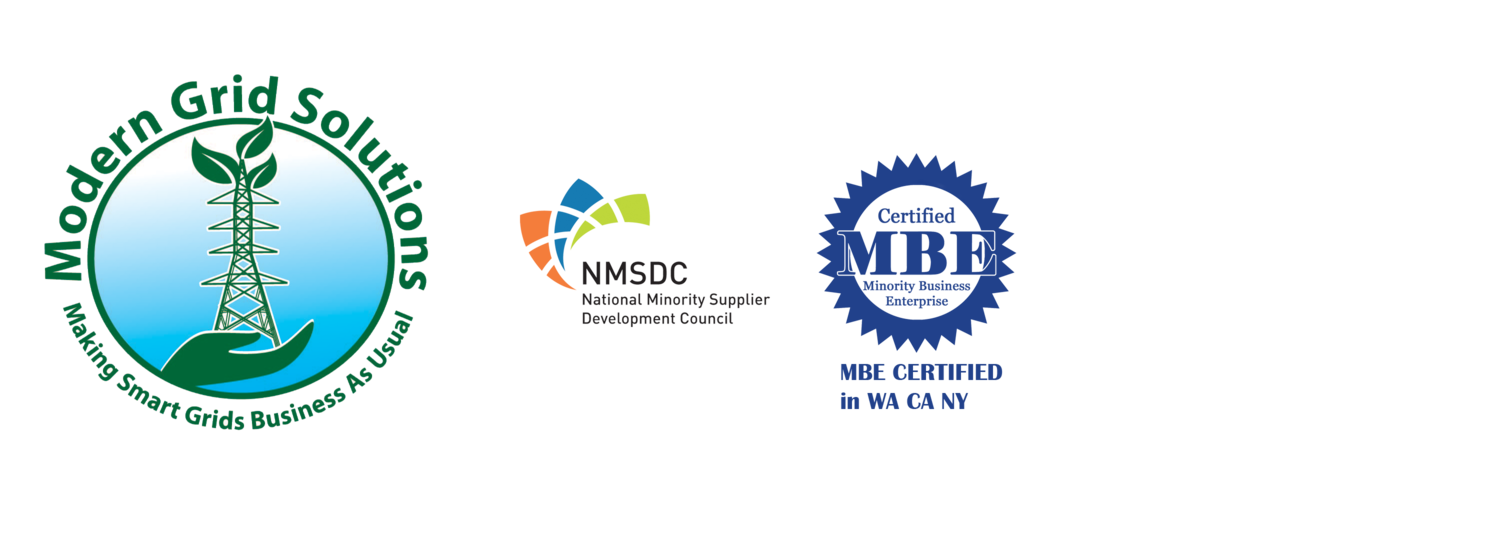What does “green energy” really mean?
What does “green energy” really mean?
Nowadays there seem to be more synonyms for green energy than there are fish in the sea. Many of the terms below are used interchangeably, which can lead to confusion and further misuse.
Green energy
Clean energy
Renewable energy
Sustainable energy
Alternative energy
Environmentally friendly energy
No/low/zero carbon energy
Carbon-Neutral
Carbon-Negative
Net-Zero
Beyond NetZero
Decarbonization
The way I see it, green energy is not one thing; it encompasses many things. Just as in the early 2000s when we were calling any new digitally connected thing “smart,” so too we’re now labeling all kinds of things green, when they may more accurately be described as “low carbon,” or some other term.
Perspective is everything
If we ask four people what green energy is, we may get five (or more) answers. Depending on who they are, their perspectives are different. Adding to the confusion are many regulators and policymakers who are promoting generation sources from things like Renewable Natural Gas (RNG, aka biogas) as “green” when in reality it may at best be carbon neutral.
The increase in the emergence of these new terms’ points to the need for nuances in addressing several key issues as seen from the eyes of different stakeholders.
Legislators, policymakers, and regulators at the state and federal levels want to accelerate the move toward reducing the carbon footprint (decarbonization) of the utility/energy industry in service to its constituency. This is a good thing globally as we strive to take better care of our planet, the only one we can currently call “home.”
Corporate leaders, primarily as a part of their ESG goals, feel there is a need to make bold moves in reducing their carbon footprint to manage/maintain their images and in support of the expectations of their employees, customers, and shareholders.
Utility executives are trying to be responsive to the needs of their policymakers, regulators, and customers as they aim to be ahead of the curve in planning for changes.
Utility customers, who are essentially the one group that spans all the three stakeholder groups above, want to leave the world a better place for their children and grandchildren and lessen pollution for themselves. They, of course, are also sensitive to cost pressures and the need for reliable energy being delivered to their homes and businesses.
And, somewhere through all of this, utility planners and engineers are trying to figure out how to plan for and deliver to everyone’s needs while at the same time maintaining affordable, reliable electricity for all.
Words matter
As humans, we tend to simplify in order to cope with complexity. But simplifying too much by using words inappropriately can have unintended consequences. The words we use and how we use them matter a lot because they shape the way we see the world and how we behave in it.
So, who cares what comes under the realm of “green energy”? It is important because expanding any one of these kinds of energy sources will have different levels of impact on our environment, and we need to (1) define it, (2) track it, (3) report on it, (4) make decisions based on it to ensure that we are making progress in the right direction to achieve the right objectives.
Overusing these terms and misusing them (e.g., is nuclear generation green?), all lead to confusion akin to the “Tower of Babel” spending money, time, and research – all with the
possibility of not achieving our goals. THIS IS NOT GOOD!
So, let’s fix it. Let’s fix it at the national level by understanding what each one of the terms means and what is its contribution to the decarbonization agenda, and more importantly, let’s also understand its cost and impact on the average person, i.e., their electric bills and reliability of power.
The intent of this discussion is not to either agree or disagree with the actions that are taking place in the industry. The main objective is to bring everyone’s attention to this interesting incongruence and to try to explain it in plain simple language for everyone to understand.
Signing off,
Dr. Mani Vadari
PS: Here’s another set of terms that are often misused, but I’ll save this for a future issue. ��
Distributed Energy Resources
Behind-The-Meter
Net Metering

